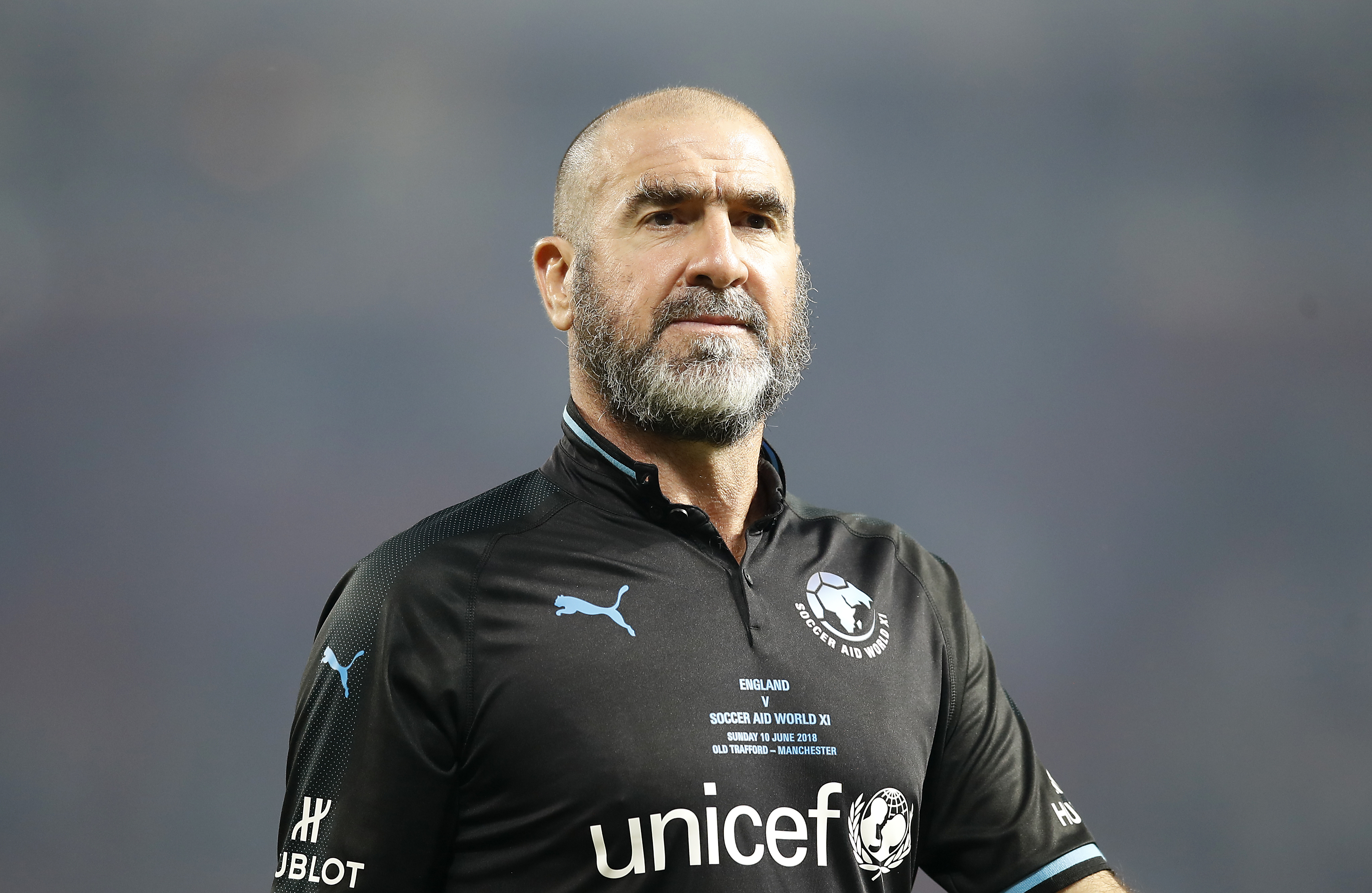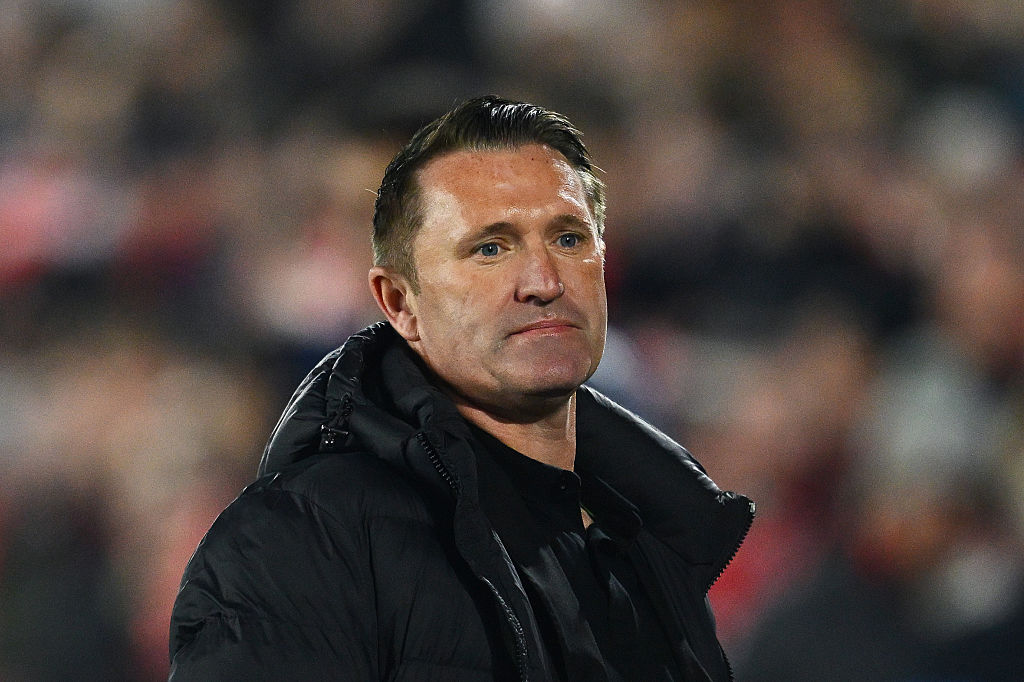Eric Cantona quoted by UEFA lawyers with ‘free for all’ Super League warning

The best features, fun and footballing quizzes, straight to your inbox every week.
You are now subscribed
Your newsletter sign-up was successful
Want to add more newsletters?

Five times a week
FourFourTwo Daily
Fantastic football content straight to your inbox! From the latest transfer news, quizzes, videos, features and interviews with the biggest names in the game, plus lots more.

Once a week
...And it’s LIVE!
Sign up to our FREE live football newsletter, tracking all of the biggest games available to watch on the device of your choice. Never miss a kick-off!
Join the club
Get full access to premium articles, exclusive features and a growing list of member rewards.
UEFA’s lawyers quoted former Manchester United star Eric Cantona as they spoke out against the Super League in Europe’s highest court on Monday, and warned the sport would descend into a “free for all” if competitions like the Super League could be formed without UEFA approval.
The landmark case between the Super League on one side and UEFA and FIFA on the other opened at the European Court of Justice in Luxembourg on Monday afternoon.
The Super League was launched in April last year but had collapsed within 72 hours amid political pressure and fan outrage.

The Super League argument at the ECJ hearing is that UEFA and FIFA abused a dominant position in the market under EU competition law by first blocking the formation of the league, and then seeking to sanction those involved.
If UEFA’s actions are ruled to be anti-competitive, it has the potential to pave the way for third-party tournament organisers like the Super League to operate in competition against established European sports governing bodies, without the threat of sanction from them.
UEFA’s speech to the court, delivered by its legal team, concluded: “Quoting the famous footballer-philosopher Eric Cantona, ‘you don’t get to be champions without a struggle’.
“As a sports governing body UEFA performs the functions vested in it with impartiality, and in pursuance of principles as essential in sport as they are in European society: that competition should be open to all, and that merit, not money, must determine the outcome.”
The best features, fun and footballing quizzes, straight to your inbox every week.
UEFA’s lawyers had earlier said that the Super League had never requested authorisation from it, so its rules on pre-authorisation of competitions were of no relevance whatsoever in this case.
“But let us assume, simply for the sake of argument, that such rules were not sufficiently precise,” the lawyers added.
“It would be absurd if such a deficiency had the automatic effect of requiring a competition to be authorised, however damaging its effects.”
The UEFA speech described the Super League as a “textbook example of a cartel” and added: “If UEFA had been compelled to authorise such a closed competition, other closed leagues would have emerged, leading to a systemic collapse of the European sports model.

“A hypothetical deficiency in UEFA’s pre-authorisation procedure could not justify permitting such a disastrous outcome for football and European society.
“Without such pre-authorisation rules, conflicting competition formats, calendars and standards would turn European football into a free for all.”
UEFA insisted there was no conflict of interest in its role as regulator and also as a commercial entity, highlighting the roles played by different stakeholders from clubs, leagues and member national associations among its committees.
Lawyers for the European Superleague Company and A22 also made oral submissions to the Grand Chamber of 15 judges on Monday.
There were also submissions on behalf of football’s world governing body FIFA, LaLiga and the Spanish football federation, plus from 21 EU member states and the European Commission.
#ECJ: Hearing in European SuperLeague case on #EU#Competition rules will be held on 11th and 12th July #football#EuropeanSuperLeague@UEFA@FIFAcom (C-333/21) 👉 https://t.co/jxkRzII2Qm— EU Court of Justice (@EUCourtPress) June 3, 2022
Parties are expected to face questions from the judges on Tuesday before the hearing concludes. The Advocate General in the case, listed as Athanasios Rantos from Greece, will provide a written opinion on how he believes the court should rule.
This opinion is not expected to be published until September at the earliest due to the court’s summer recess, but could give a strong indication of the final ruling from the judges, with ECJ rulings very often closely following the written opinion of the Advocate General.
The ruling on EU law will then be referred back to the 17th commercial court in Madrid, which is obliged to apply the court’s ruling to the specifics of the Super League case.
 Join The Club
Join The Club










